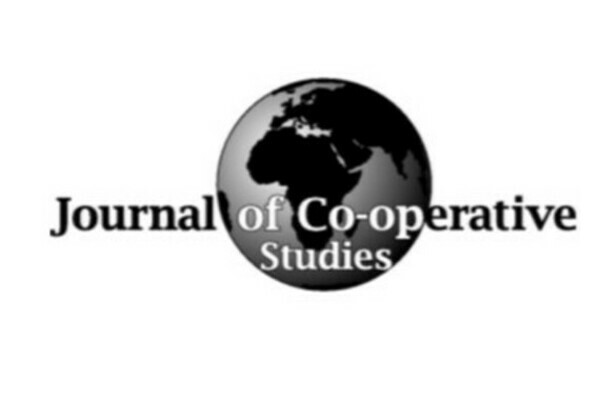Peer reviewed articles
Altruism in the economic evaluation of credit unions: A thought piece
Kevin M. G. Hannafin and Donal G. McKillop, pp. 5-14.
The assumption that individuals are self-interested by nature, or even opportunistic, has been consistently the economic evaluation of credit unions. However, the history of
the credit union movement exemplifies these institutions as important instruments for combating misery, usury, famine and unemployment. This combined with their enviable track record in mobilising voluntary support and their co-operative philosophy of equality, equity, and mutual self-help might suggest that the behavioural assumption of self-interest is inappropriate to these institutions. Or, at least, that the propensity to be unselfish (altruistic) should be incorporated into economic models of their behaviour. Against this backdrop, this article, which is designed to be thought provoking rather than definitive, considers the concept of altruism and argues that enlightened self-interest may be more usefully applied to the study of credit unions. Two examples are used to support this argument; one considers why credit unions might charge sympathetic loan rates or adopt a neutral stance in their rate setting behaviour, and the other considers why people might choose to volunteer in credit unions.
Co-operative principles and international expansion – the example of NTUC Fair Price
Keri Davies, pp. 15-28
This paper considers some of the issues surrounding the internationalisation of the retail arms of consumer co-operative. using the example of the Singaporean National Trades union Congress (NTUC) FairPrice, it argues that the internationalisation of retail co-operaties may have been held back or even discouraged by their underlying co-operative principles and management ideals.
Green and red? An exploration of the co-operative environmental niche in Wales
Molly Scott Cato, Len Arthur, Tom Keenoy and Russell Smith, pp 29-40
This paper proposes the possibility of a link between the commitment to building a sustainable economy and the co-operative model of organisation. The analysis is based in an analysis of guild socialist and utopian socialist ideas that supported the development of co-operatives and their links with current green political economy. The co-operative is a natural form of productive organisation as visualised by both these traditions. The research findings reported in the paper relate to an audit of 81 co-operatives in Wales that included 17 co-operatives operating with a clear commitment to the environment. A brief illustration of the practicalities of bringing together these shared ideas and the activity of environmentally-focused co-operatives in Wales is offered. It is suggested that further research into the existence of an environmental niche in Wales and its relationship to guild socialist, utopian socialist and green ideas may be fruitful. Issues of accountability and responsibility are seen as key to the possible sustainability-co-operative link.
Short articles
Transformation at the Co-operative Bank
Fiona Young, pp. 46-51
A review of the launching of the UK Co-operative Bank's ethical policy. The article is a Co-operative Financial Services commissioned synopsis for the Journal of a case study resulting from a joint venture between the Co-operative Bank, The University of Lincoln, and an independent business ethicist.
Book Reviews
The workings of co-operation: A comparative study of consumer co-operative organisations in Britain and Sweden 1860-1970. By Katarina Friberg.
Reviewed by Lloyd Wilkinson, pp. 52-53
100 Years Co-operative Credit Societies Act, India 1904 – A worldwide applied model of co-operative legislation: Proceedings of a Colloquium in Marburg, September, 2004. Edited by Hans-H Münkner.
Reviewed by Bob Briscoe, pp. 54-55
The pit and the pendulum: A co-operative future for work in the Welsh valleys. Molly Scott Cato
Reviewed by Nadia Johanisova, pp 56-57
How to form a co-operative self-help organisation: A manual for persons desirous to form a co-operative and promotors of co-operative development. By Hans-H Münkner with contributions by Peter Wardenski.
Reviewed by Peter Yeo, pp. 58-59










